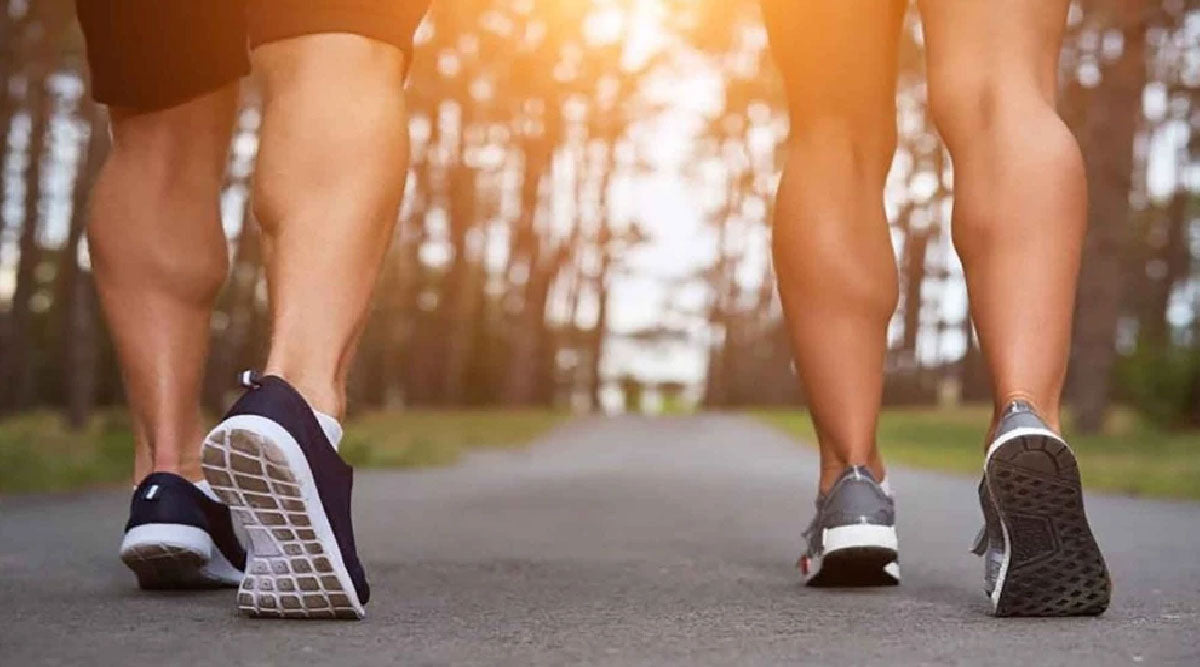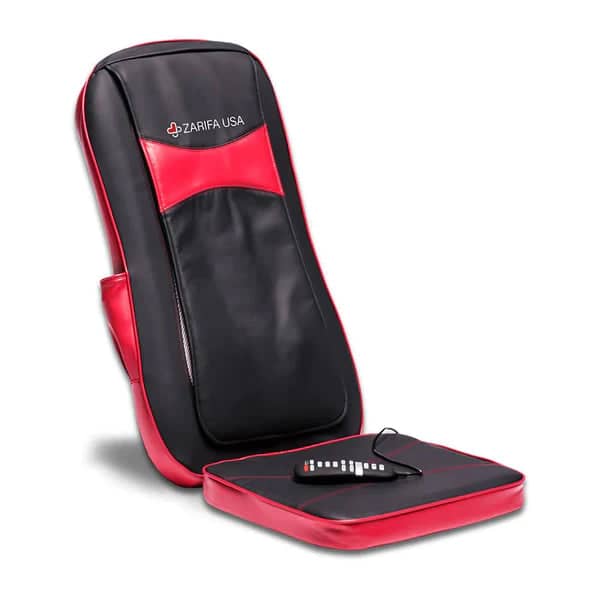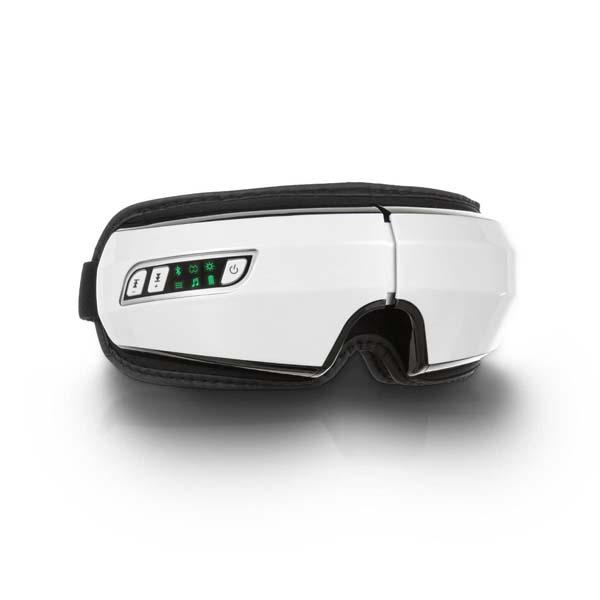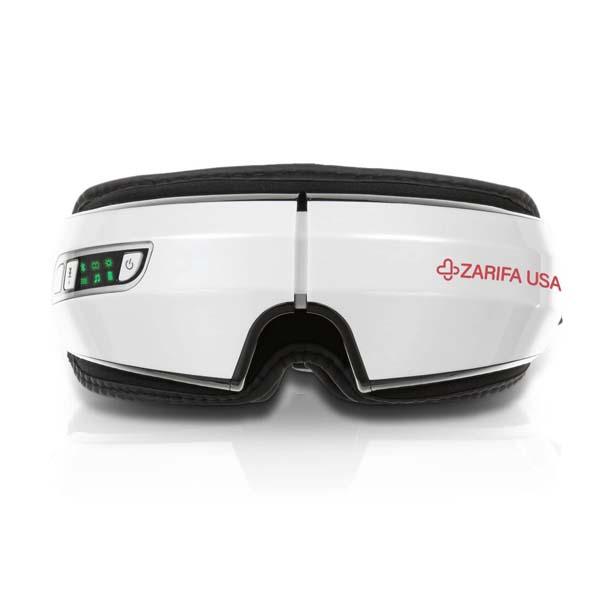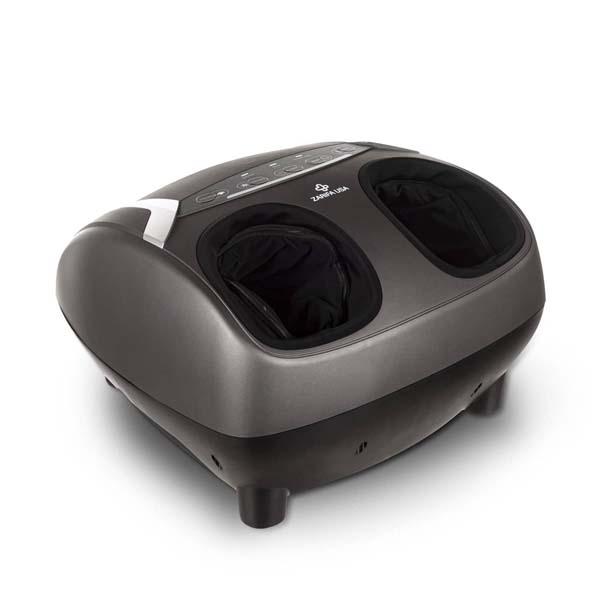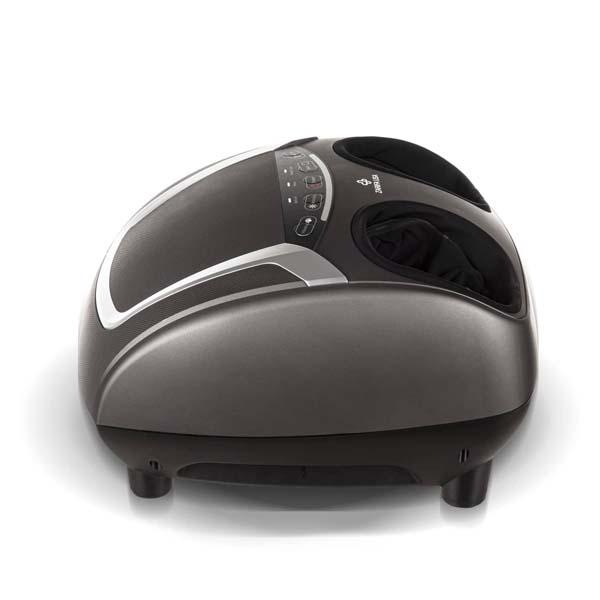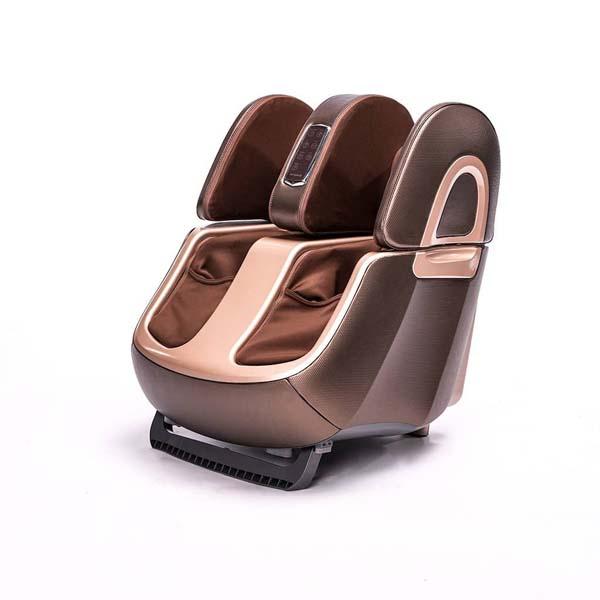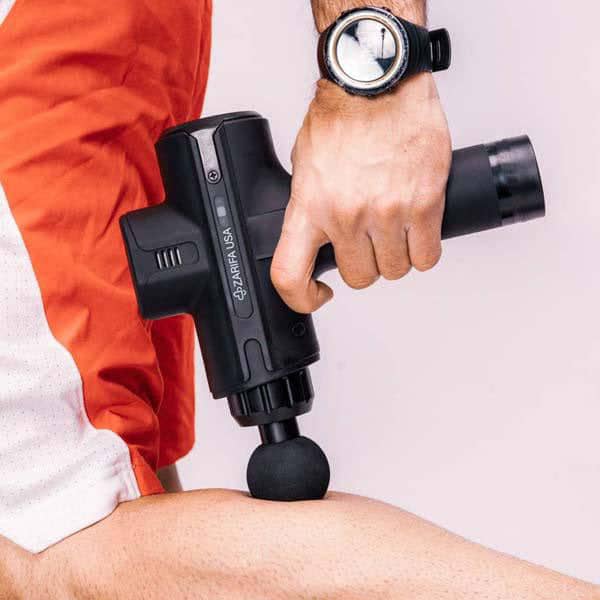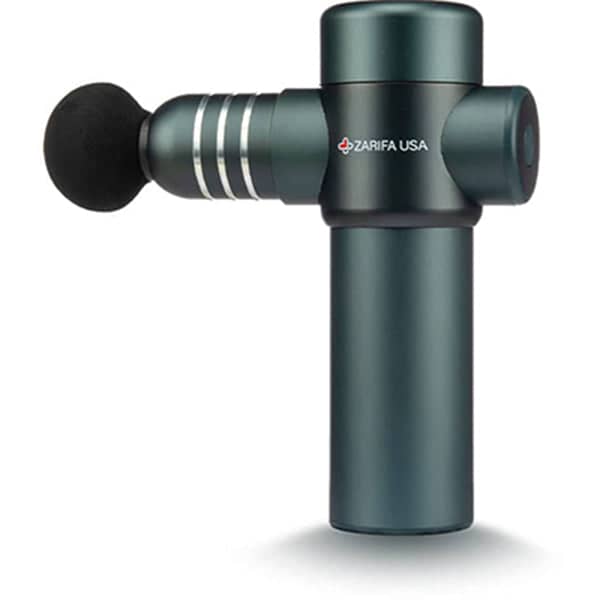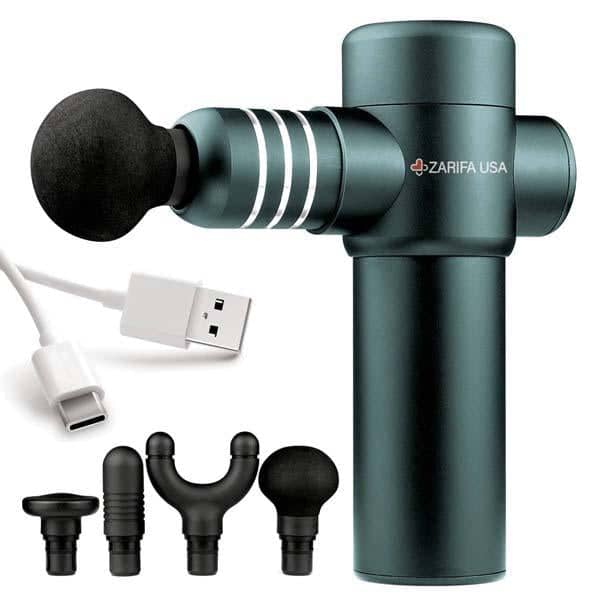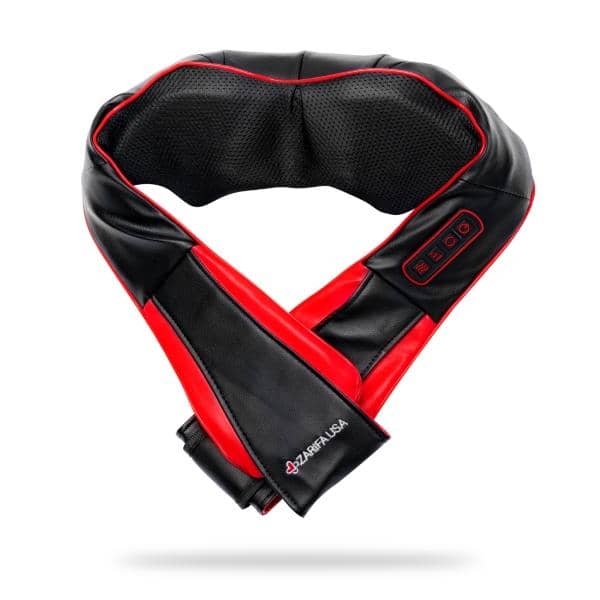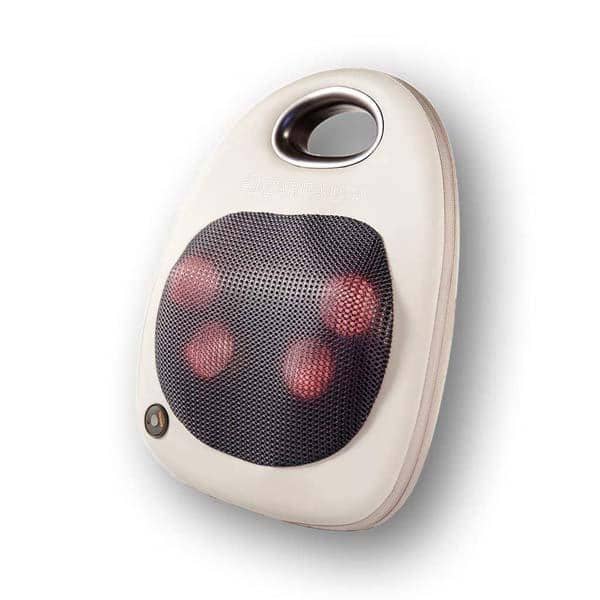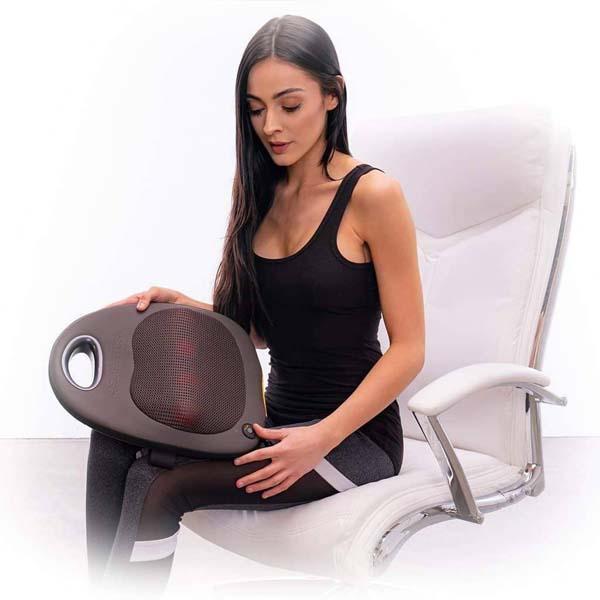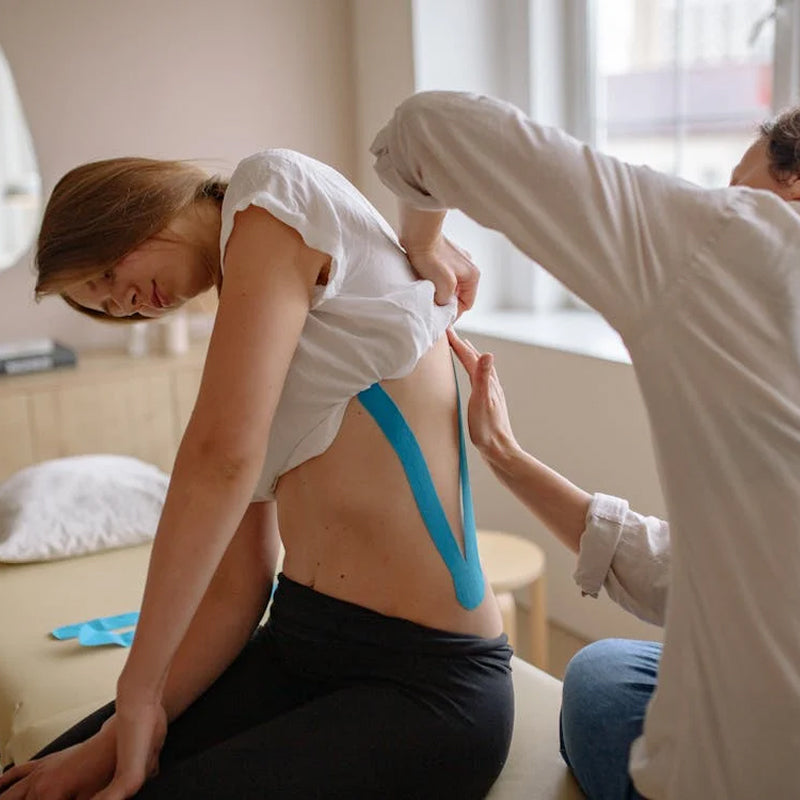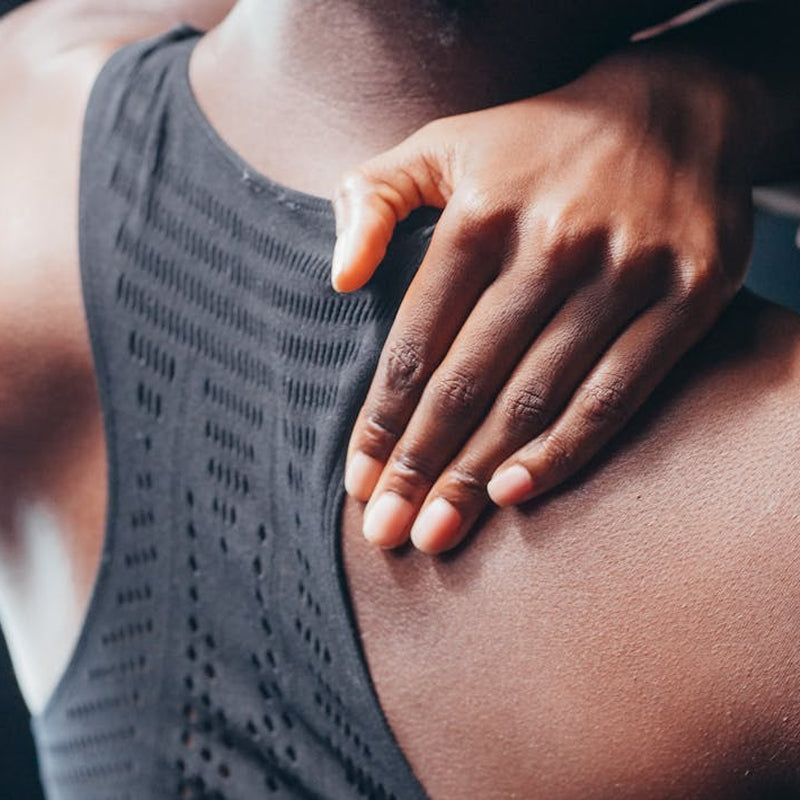In your day-to-day life, the lower part of your legs suffers a lot. And in result, they start hurting. Calf pain is thought to be caused by a cramp or pressure on the muscle. However, it may often be a sign of something more severe. In this article, we will discuss bout all the causes, and possible treatments for your calf pain and discomfort.
What is Calf Pain?
Two muscles - the gastrocnemius and the soleus, make up the calf. Both muscles meet in the Achilles Tendon, which is closely connected to the heel. Any movement of the leg or foot makes use of these muscles.

Your calves are made up of blood vessels, muscles, ligaments, and nerves. All of these are things are prone to infections and injuries - which can be very painful. The pain can be either constant or will last for a short period of time. A blood clot can cause calf pain, swelling, and redness in the affected area. The pain can be so severe and uncomfortable that you won’t be able to walk.
Either prolonged stretching or breaking of these two calf muscles is recognized as a calf injury. The calf usually has a sudden pain and you can feel a click, a crack, or a break. You may experience the following symptoms if you have a severe calf strain:
-
Swelling in the leg or calf
-
Numbness in the calf
-
Weakness or shivering in the leg
-
Tenderness and Redness
-
Bruising on your legs or calf
If you feel any of these symptoms mentioned above, do not waste time and visit a doctor or physiotherapist as soon as possible.
Causes of Calf Pain
Calf Pain is normally caused by cramping, calf muscle strain, or when the muscles contract unexpectedly. This could happen if you have been doing new workouts, if you are really dehydrated, or if any minerals are deficient. Age factor also matters. The cramps usually go away by themselves very easily.
Other possible and severe causes of calf pain are as follows:
Chronic compartment syndrome is another condition that can cause calf pain. It is characterized by a pressure buildup inside the muscles, leading to reduced blood flow, cramping, swelling, and potential need for surgery. This condition is often linked to excessive activity, such as running, and causes symptoms like numbness, visible muscle bulging, and difficulty moving the foot during exercise.
Deep vein thrombosis (DVT) is also a serious cause of calf pain. It involves a blood clot forming in the veins of the arm or leg, including the calf. Symptoms and risk factors associated with DVT should not be ignored, and it is important to seek medical attention if any symptoms are observed.
Misfit Footwear
Wearing the correct and comfortable footwear is very essential for your body. Wearing heels daily is a common cause of calf pain and discomfort. Similarly, if you are a runner, you should get supportive running shoes for your self. Do not wear improper or uncomfortable footwear if you love your legs and calves.
Tight Calf Muscles
Our body is like a kinetic chain. If you are fatigued or tired, every muscle of your body will become tight. Especially the calf muscles. Some of the other possible causes for these tight calf muscles are:
-
Lack of Flexibility
-
Muscle Imbalance
-
Improper Footwear
-
Poor Running technique
-
Fatigued Calf Muscle
Muscle Strains
Muscle strains usually occur due to the overuse of your muscles, or in some cases, as a result of fatigue. For example, activities like swimming, running, weightlifting, and workouts heavily involve your legs and can cause a calf muscle strain.
When your muscle is strained, you will notice a sudden pain, tenderness, soreness, and will feel difficult to move your leg. Moreover, you can easily treat mild muscle strains at home by icing, heat therapy, and anti-inflammatory medications like paracetamol and ibuprofen. However, if the strain is severe, you may require urgent medical treatment.
Sciatica
The sciatic nerve is what controls and regulates the muscles in your lower leg and back of the knee. And the disorder of that nerve is called Sciatica. It can cause discomfort, pain, numbness, and swelling in the lower back and can stretch the calf and other muscles down the leg.
Stretches and exercises help to minimize the pain, but if your sciatica is severe, you might need surgery.
Diabetic Peripheral Neuropathy
Diabetic Peripheral Neuropathy, also known as DPN is a nerve disorder that typically affects your legs, feet, arms, and hands. This kind of nerve damage is a result of complicated diabetes caused by a high level of sugar in blood and inflammation of nerves. The possible symptoms of Diabetic Peripheral Neuropathy are:
-
Muscle Cramps
-
Weakness in Legs
-
Losing Balance
-
Numbness and sharp pain
-
Temperature Changes
Deep Vein Thrombosis (DVT)
Deep Vein Thrombosis, also known as DVT, is a disorder caused by blood clotting in the veins of arms, legs, or calves, leading to decreased blood flow. Sitting for much or a longer period of time, no movement, lack of exercise, smoking, and other medical conditions are the major reasons for Deep Vein Thrombosis. The symptoms of DVT include:
-
Swelling in the affected area
-
Visible Veins
-
Tenderness in the affected area
-
Discoloration of skin
-
Feeling warmth or heat in the calf
Treatment for Calf Pain
If you feel calf muscle pain, first of all, try the basic home remedies. They can help a lot. For example, gently stretching or massaging the muscle. Here are some initial and common treatment methods for the relief of your calf pain:
To treat calf pain effectively, consider the underlying cause and choose appropriate methods.
-
Rest: This is the most important step. Calf pain is usually a result of extreme tiredness. So, try and rest as much as you can. I will help in subsiding the inflammation. And if you are lucky, you might not need any other treatment after this.
-
Ice and Heat: Ice packs and heat packs are considered very beneficial for treating calf pains. Do the ice or heat therapy for at least 20 minutes and you will notice the change.
-
Stretching: Lightly stretching the muscles of the calf can help in subsiding the pain and preventing muscle cramp. Moreover, physical therapy is also an important aspect. Try this: Raise the leg by sitting or laying down, with pillows, so it is above the heart level.
-
Medications: Anti-inflammatory medications, that are nonsteroidal helps a lot. They are commonly known as NSAIDs and are widely used for treating muscle-related issues and pain.
When to See a Doctor
Early and accurate diagnosis is the first step in treating your calf pain. If you think that you need to see a specialist for your calf pain, then trust your instincts. You need to seek medical attention and visit your doctor straight away if you feel the following symptoms:
-
If the pain is not going after the above-mentioned treatments
-
If your calf is swollen
-
If you are unable to walk properly
-
If you feel numbness in your calf or leg
-
If you feel that your leg is weakened
-
If you feel fever, fatigue, or any signs of infection
-
You are having breathing problems
-
Discoloration and warmness in your skin
-
Unbearable pain at night
-
Difficulty in Sleeping
How to Prevent Calf Pain
For the prevention of Calf and other Muscle pains, there are some lifestyle habits you need to adopt. For example, stretching and foam rolling regularly are found as an easy and safest way to prevent calf pain. Here are a few other tips that will help you in preventing calf pain:
-
Limiting your Alcohol and Caffeine intake.
-
Take supplements containing Magnesium, Calcium, and Potassium.
-
Avoid overexercising
-
Stop Smoking
-
Drink plenty of water
-
Stay healthy
-
See a doctor for regular checkups and screening like diabetes and cholesterol.
Fortunately, most of the calf pains are easy to settle with proper care. Just follow all the tips mentioned above and try not to overburden your self. Stay Healthy and your muscles will eventually Stay Safe!

